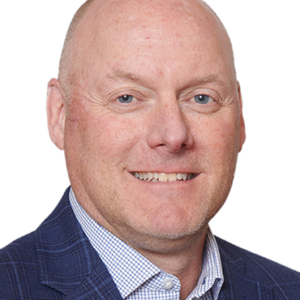We all know that as we age, physical ability declines. Changes in mobility and dexterity are often the first signs that our grandparents, parents, friends or even siblings have arrived at old age. Of course, we all dread the day we must take Mom’s keys away, even though we know it is only for her safety. But what about the day we must take her checkbook too? Here are some ways to prepare.
Understand Patterns
Know where your loved one banks. If there is a specific teller they go to, make note. Chances are that this teller knows more about your loved one’s spending habits than you do. How does Dad pay his bills? Check? Debit card? Online? How does he like to give gifts? To whom and how often? Does he expect this to change in the future? Does he continue to balance his checkbook? Will his income, assets, and insurance cover anticipated long-term care and medical costs in addition to his current spending?
Recognize Potential Problems
The ability to make out or sign checks could be a problem as dexterity declines; but does Grandma know that cognitive decline may prevent her from even understanding what checks she is writing, long before her penmanship fails? Is she aware of the prevalence of financial exploitation of the elderly, including phone scams, identity theft, contractor fraud, and power of attorney abuse, and how to report suspicious behavior to the proper authorities? Is she comfortable asking for assistance from a trusted friend or relative when she needs it?
Propose Solutions
Consider having financial discussions like these on a regular basis so that changes in behavior are more likely to be detected. Make sure beneficiaries are appropriately designated and wills are up to date. It is important to remember that though you may not agree with Grandpa’s wishes, beneficiary decisions are his alone to make. He should also have a Power of Attorney (POA) and Health Care Proxy (HCP) signed. Fortunately, one individual does not have to assume sole responsibility for managing his affairs when the time comes. Individuals may appoint co-POAs or co-HCPs, and New York State also allows principals to designate a monitor for their agents under a POA. A trusted attorney can help individuals understand their options for end-of-life planning. No matter who is appointed agent(s), make sure they fully understand the meaning of fiduciary duty and their specific responsibilities for recordkeeping and decision-making under the law.
For additional resources on planning for aging loved ones, contact a local elder services organization or elder law attorney. If you suspect that a loved one may be victim to financial or other abuse, contact your county’s adult protective services agency, or Bonadio’s Fraud and Forensic professionals, who can provide customized assistance.
If you’ve recently taken over your loved one’s finances or estate and see some questionable transactions or patterns, the Bonadio Group’s Fraud and Forensic Team is here to help. Please do not hesitate to reach out to our trusted experts to discuss your specific situation.
This material has been prepared for general, informational purposes only and is not intended to provide, and should not be relied on for, tax, legal or accounting advice. Should you require any such advice, please contact us directly. The information contained herein does not create, and your review or use of the information does not constitute, an accountant-client relationship.




